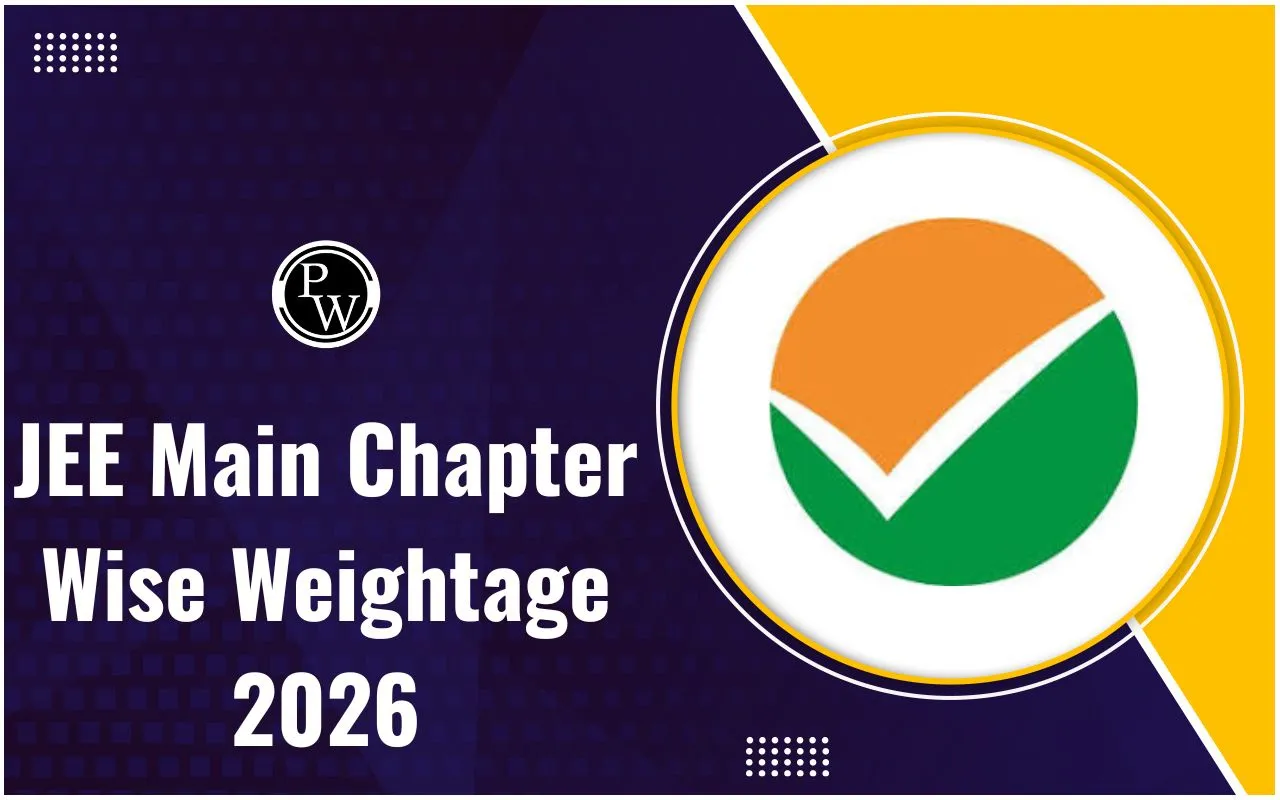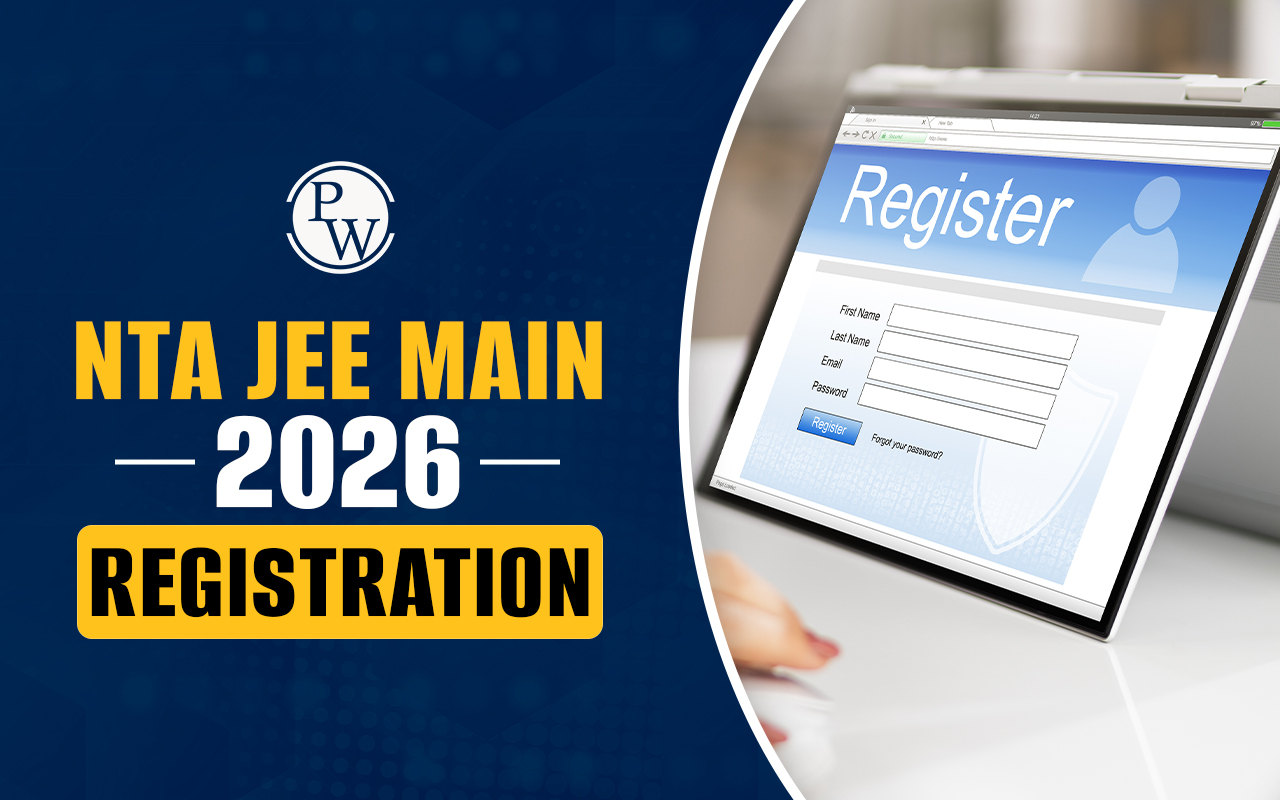

7 Tips to Improve Your Performance in JEE Main April Attempt : JEE Main 2025 Session 2 is set to take place from April 1 to April 8. With only a few weeks left, this is a crucial time for aspirants aiming to improve their scores and secure better ranks. Those who appeared in the January attempt now have a chance to learn from their mistakes and perform better in the April session. Improving performance in the second attempt requires smart strategies and focused preparation. By analyzing past mistakes, strengthening weak areas, and practicing effectively, aspirants can boost their confidence and score higher. Here are 7 simple tips to improve your performance in JEE Main April attempt.
How to Improve Your Performance in JEE Main 2025 April Attempt?
Applicants preparing to take the second attempt of JEE Main 2025 in April have a great opportunity to improve their scores. The first attempt helps in understanding the exam pattern, difficulty level, and important topics. With a smart approach, students can boost their confidence and maximize their performance. From revising high-weightage topics to improving time management, adopting the right strategies can make a big difference. Here are 7 effective tips to help you perform better in the JEE Main April Attempt 2025 :
1. Analyze Performance from the JEE Main 2025 Session 1 : If you appeared for the January session, go through your JEE Main 2025 Session 1 Results carefully. Identify which sections had the most mistakes and where you lost marks. If you didn't take the first attempt, use mock tests and sample papers to analyze your strengths and weaknesses. Understanding these areas will help you improve effectively.
2. Identify and Work on Weak Areas : After analyzing your performance, list down the topics that need more attention. These are the areas where you struggled in the first attempt. Devote extra time to revising concepts, solving related questions, and improving accuracy in these topics. Strengthening weak areas will significantly improve overall performance.
3. Maintain and Sharpen Strong Areas : While focusing on weak topics, do not neglect your strengths. The topics you are confident in will help you secure marks easily. Keep practicing questions from these areas to make sure that they remain strong. Losing grip on already mastered topics can impact the overall score.
4. Revisit the Exam Pattern and Question Trends : Understanding the exam pattern for the JEE Main April attempt thoroughly is vital for performing well. Go through the number of questions, marking scheme, and types of questions asked in different subjects in session 1. Also, analyze the JEE Main Previous Year’s Question Papers to recognize frequently asked concepts. This will help in preparing smarter rather than just harder.
5. Increase Practice and Accuracy : Practicing questions regularly will improve speed and accuracy. Solve sample papers, previous years’ papers, and additional problem sets to get comfortable with different question formats. The more you practice, the more confident you will become in solving questions quickly and correctly during the actual exam.
6. Attempt Mock Tests with Time Management Strategies : Mock tests are an essential part of the JEE Main April Session preparation. Take full-length JEE Mock Tests under real exam conditions to track your progress. Analyze each test to find out mistakes and improve in those areas. Also, work on time management by setting timers while solving questions to ensure better speed and efficiency.
7. Balance Board Exams and JEE Main Preparation : With board exams approaching, managing time effectively is crucial. Divide study hours smartly between board exam revision and JEE Main Session 2 preparation. Focus on overlapping topics to save time and strengthen concepts for both exams. Avoid distractions like excessive social media but also ensure not to stress too much. Maintain a proper sleep schedule, take short breaks when needed, and stay positive. A calm and focused mind will help in performing better in both board exams and the April attempt of JEE Main.
What is the Importance of the JEE Main 2025 April Attempt?
The JEE Main 2025 April Attempt is a great chance for students to improve their scores and get into better colleges. Many students perform better in their second attempt because they have already experienced the exam once. They know the types of questions asked, the difficulty level, and the areas where they need to improve. By learning from the first attempt, students can work on their weak areas and make fewer mistakes this time. A higher score in the April attempt can increase the chances of getting into top engineering colleges like NITs, IIITs, and GFTIs. Some students may also aim to qualify for JEE Advanced 2025 by improving their percentile. Therefore, using this attempt wisely can open up better career opportunities.
Common Mistakes to Avoid During JEE Main 2025 Session 2 Preparation
Many students make mistakes while preparing for the JEE Main 2025 April Session, which can affect their final scores. Avoiding these errors can lead to better preparation and improved performance. Here are some common mistakes and how to avoid them:
-
Students who appeared for the January session should carefully review their performance, weak areas, and the types of mistakes they made. Ignoring this step can lead to repeated errors in the second attempt. Checking the topics that caused difficulties and practicing similar questions can significantly improve accuracy.
-
Focusing too much on one subject while neglecting others can lower the overall score. It is important to divide study time wisely among Physics, Chemistry, and Mathematics. A structured timetable with equal attention to all subjects ensures steady progress.
-
Some topics have more weightage in the exam than others. Instead of trying to cover everything, applicants should focus more on these key topics. Revising past-year papers and understanding trending topics can help in scoring higher with less effort.
-
Simply reading and studying is not enough. Without revision, concepts may fade from memory. Regularly solving mock tests and previous year papers helps in understanding exam patterns, improving speed, and reducing silly mistakes. Mock tests also build confidence and prepare students for real exam conditions.
-
Many students either rush through topics or spend too much time on one concept. This leads to incomplete preparation. Using a study planner, setting daily goals, and tracking progress can help in managing time effectively.
7 Tips To Improve Your Performance In JEE Main April Attempt FAQs
Q.1 : How can I improve my score in the JEE Main April Session 2025?
Q.2 : How can I prepare for boards and JEE Main 2025 Session 2 effectively
Q.3 : Can I score 250+ marks in the JEE Main April Session 2025 with 15 days of preparation?
Q.4 : Is it possible to crack JEE Main 2025 in the April attempt?
Q.5 : Is the JEE Main 2025 Session 2 going to be tougher than the January session?













